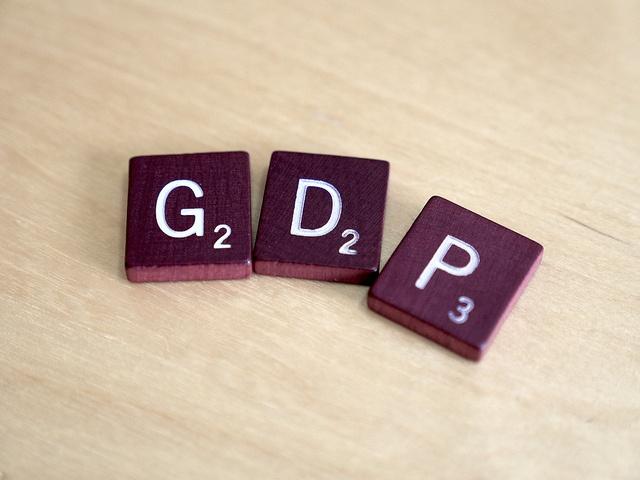
For many years a discussion about what Gross Domestic Product (GDP) should include to accurately measure the scope and health of a country’s economy has continued in more or less desultory fashion with little movement to change the indicators — until now.
Why not include sex and drugs in the GDP mix, as Italy and the United Kingdom have done? After all, those are economic activities, right?
The U.K.'s Office of National Statistics announced on May 29 that paying for drugs and sex adds about £10 billion ($16.7 billion) a year to the economy. So, the British government is now including prostitution and narcotics sales in its official GDP statistics.
While illegal activities are a small part of the U.K. economy, only 0.7 percent according to the government’s estimates, the reason for the inclusion is to harmonize economic reporting across the European Union. Prostitution and some drugs are legal in the Netherlands, and the Dutch count those activities in official government statistics. Because prostitution and many narcotics are still illegal in the U.K., the government is using a combination of police seizures and other data to estimate how much money these activities are adding to the economy, according to a news report by CNN Money.
Italy also made a similar announcement last month, saying it would begin measuring narcotics and sex work in its GDP. Other countries besides the U.K. and Italy measure illegal business activity, including Estonia, Austria, Slovenia, Finland, Sweden and Norway.
Will the idea catch on in the U.S.? Well, it already has to a degree, in Nevada, where prostitution is legal. The U.S. Bureau of Economic Analysis measures prostitution as a part of Nevada's state GDP. Presumably, GDP could cover states where marijuana use is legal, medical and otherwise.
But the development in Europe adds a spicy dimension to what GDP should encompass in the U.S. Many view it as an inadequate measure of the nation’s wealth and well-being, noting that more of the human element should be included in it.
A Harvard Business Review blog post noted that GDP is a “distortion of reality that guides us to decisions contrary to what people really want.” And 3p’s 2011 Economics of Sustainability series described the GDP measure as a misleading and perhaps a grossly deficient paradigm.
It’s a debate that pops up every so often, but the activity in the U.K. and Italy could add needed color and reality to the idea that GDP in the U.S. shortchanges human elements in calculating and understanding the totality of economic activity.

Writer, editor, reader and generally good (okay mostly good, well sometimes good) guy trying to get by.














